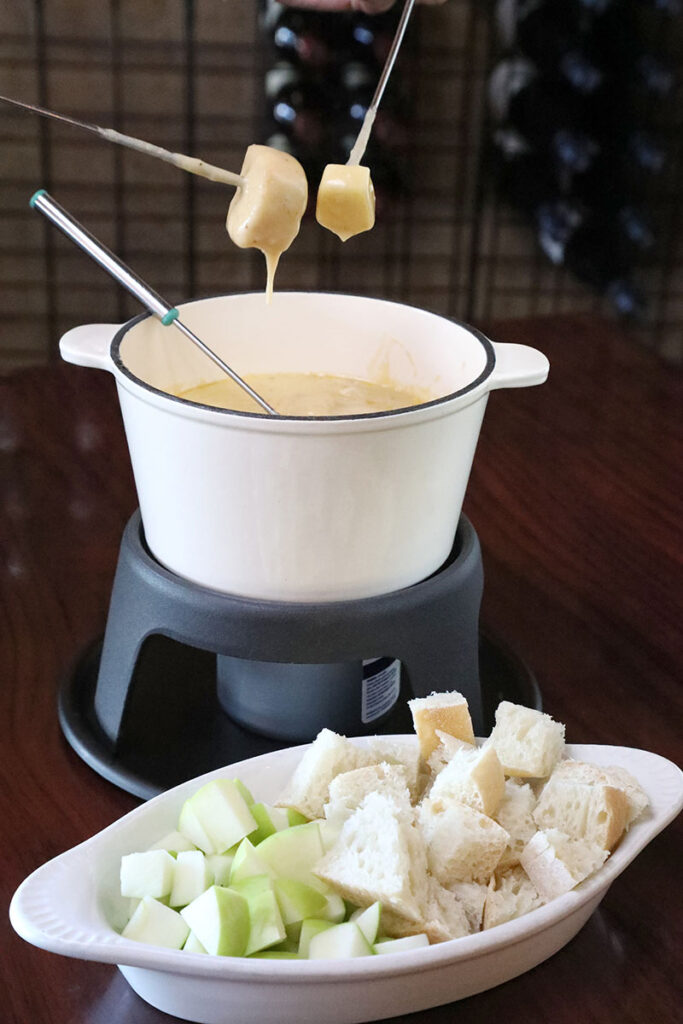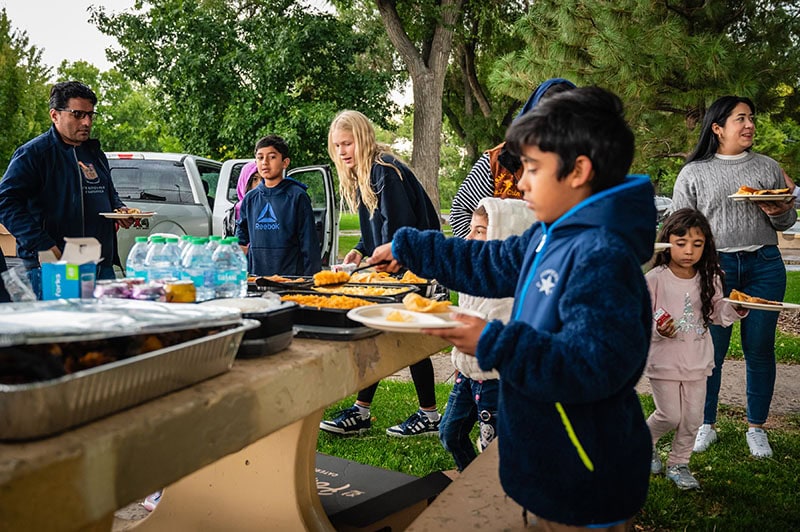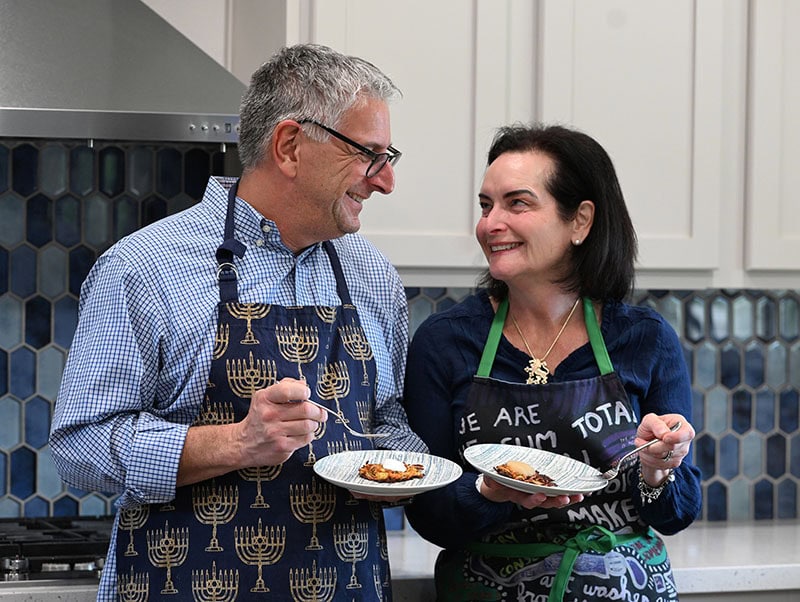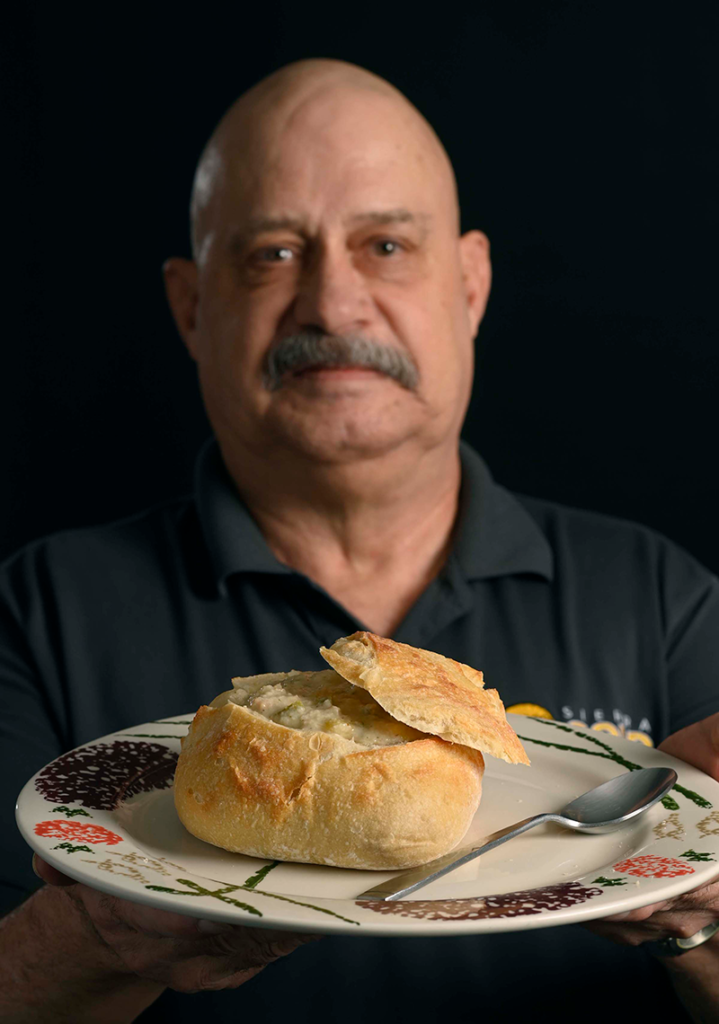Greening The Silver State
Grow Organic Nevada meets consumer demand one local farmer at a time.
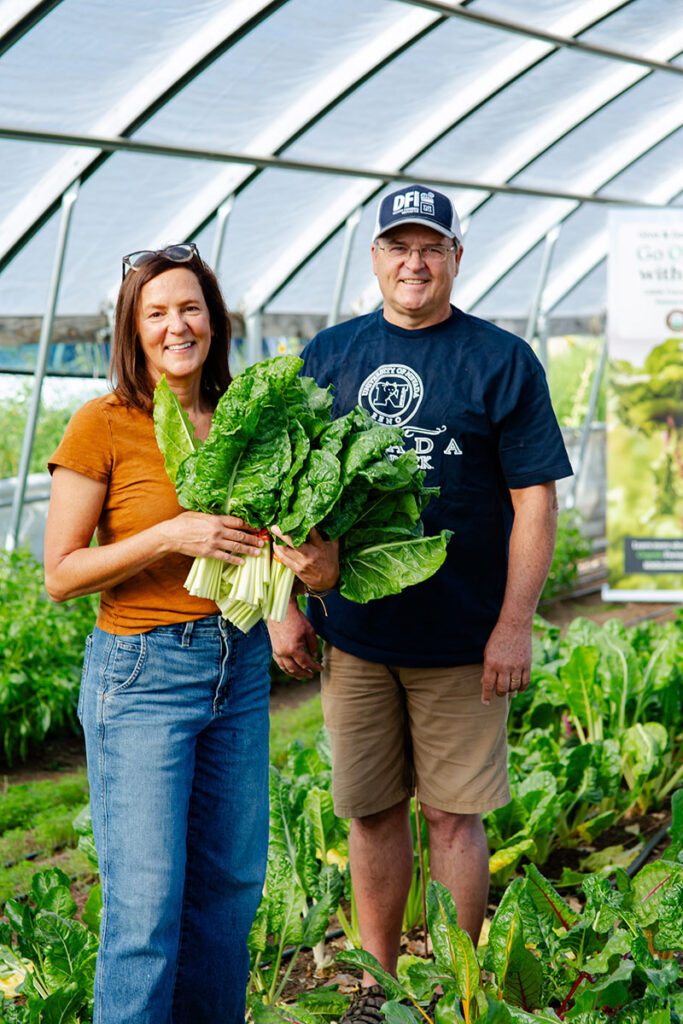
Consumers spent a mindboggling $63.8 billion in 2023 on organic foods — an increase of 3.5 percent over the previous year. Filling this demand in the Great Basin proves challenging. But the folks running the Grow Organic Nevada program hope to bridge some of the supply and demand gaps.
Funded through the United States Department of Agriculture’s Agricultural Marketing Service, Grow Organic Nevada aims to help new and existing producers become certified organic as part of a multistate effort in the Western and Southwestern U.S.
Nevada’s program matches mentors with producers in a year-long relationship structured around farm management and marketing practices. The ultimate goal? Creating more certified organic growers.
New or current farmers looking to be certified may apply for the program. Mentors must each have a minimum of three years of experience in organic agricultural practices.
Organic Transition Program Coordinator Rob Holley, of Holley Family Farms in Dayton, and Jill Moe, director of Desert Farming Initiative in Reno, oversee the program. DFI, a five-acre commercial farm under the auspices of the University of Nevada, Reno’s Nevada Agricultural Experiment Station where the new program is housed, is certified organic by California Certified Organic Farmers.

Organic Benefits
“DFI advances climate-smart farming in this region that is very water-limited,” says Moe, speaking about the benefits of going organic. “People are also struggling with land access and cost; going organic can get you better returns and help improve water retention.”
She lauds Holley’s role in the program.
“We’re so grateful Rob is here,” she says. “He has decades of experience … in hands-on organic farming.”
Holley notes that weed management and building nutrient-rich soils without the use of chemical fertilizers top the list of issues for local growers.

“[Soil quality] is especially difficult in Nevada, where our soils are generally alkaline, and nitrogen can be almost completely absent,” he says.
Pest management and overarching economic considerations round out local farmers’ concerns. From an administrative perspective, however, going organic proves easier than many producers realize.
Support for Organic Farmers
Nevada has a long history of agriculture, but farmers often have lacked support and technical assistance. Besides the Grow Organic Nevada program, leaders at DFI seek to fill these gaps by providing answers and guidance via email and the website.
In particular, the “Grow Organic” section of the website contains information area farmers need to thrive as consumer demand for organics continues to grow.
For details, visit Naes.unr.edu/dfi//program.aspx?id=334.



